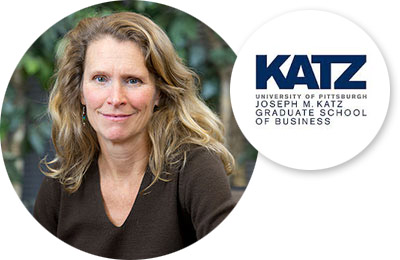
Bruno Rondani
Head of Wenovate - Open Innovation Center
Bruno Rondani is the head of Wenovate – Center for Open Innovation, Chairman of the Open Innovation Week, lecturer at Fundação Instituto de Administração and associate researcher at Fundação Getúlio Vargas. He received his doctorate in the area of business strategy in 2012 from Fundação Getúlio Vargas, his scientific master degree in Power Electronics in 2005 and Electrical Engineering diploma in 2003 both from Universidade de Campinas. As part of his academic background he participated in exchange programs in University of Virginia, University of California - Berkeley, Babson College and University of Pittsburgh in the US and ESADE in Spain. He also collaborated in developing academic programs with Royal Institute of Technology, Linköping University and Chalmers Technical University in Sweden. He served as scientific board member in EMS, a leading pharmaceutical company in Brazil, in the Global Technical Steering Board at Thales Group, in the Superior Council for Innovation and Competitiveness at the São Paulo Federation of Industry and represented Brazil in the OCDE Symposium on Global Open Innovation Networks in Paris. During his career he hold senior executive positions in Aerospace and Defence programs in Brazil lead by Thales Group and by Saab Technologies. Bruno also started and invested in ten high tech startups, with a score of two corporate acquisitions exits and one IPO. Bruno is an Eisenhower Fellow and head of Inova Venture Partners. |
|

Susan K. Cohen
University of Pittsburgh - Associate Professor of Business Administration Organizations and Entrepreneurship
Susan K. Cohen has been on the faculty of the University of Pittsburgh's Joseph M. Katz Graduate School of Business since 1997.Her research examines how firms enhance their performance (innovation output and quality, survival, and profitability) through research and development activities. She is particularly interested in how firms manage tensions between acquiring, protecting, and leveraging their technological knowledge by structuring internal and external capabilities. Dr. Cohen’s research shows that the complexity, specificity, and tacitness of a firm's technological knowledge may protect radical product innovations from imitation but not incremental Dr. Cohen is studying the implications of knowledge architectures for organizational architectures. Her research suggests that particular attributes of a firm's technological knowledge enable it to exploit certain positions in alliance networks better than others, has implications for a firm's vertical scope, and affects how incumbents can best respond to disruptive innovation. She draws on theories of innovation, technological change, modularity, organizational learning and adaptation, ecology, and social networks to investigate these issues. Her work extends resource-based theory and the dynamic capabilities perspective by exploring the imitation and substitution, and their effects on sustainable performance Dr. Cohen received her PhD in Strategic Management at the University of Minnesota. She has been published by the Oxford University Press, Strategic Management Journal, Blackwell Publishers, and others. She also works with the Magee-Womens Research Institute and local biotech firms to identify business models for commercializing the technologies from particular Her hobbies include running, rowing, soccer, hiking, travel, books and movies, and volunteer work for childrens' organizations (e.g. Make-A-Wish). |

